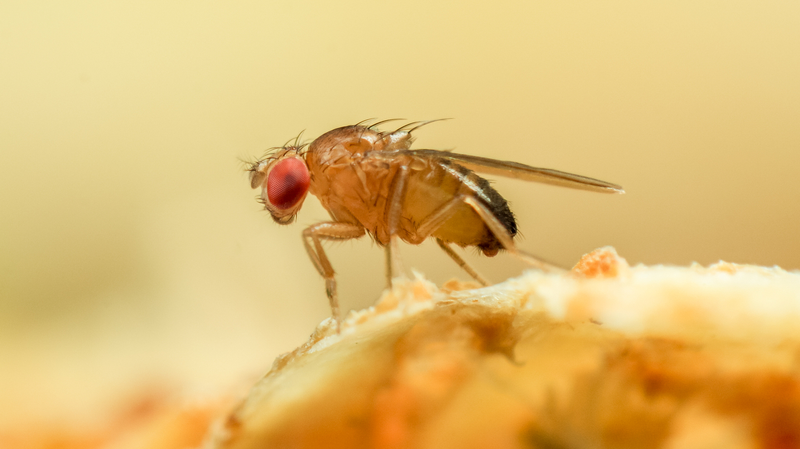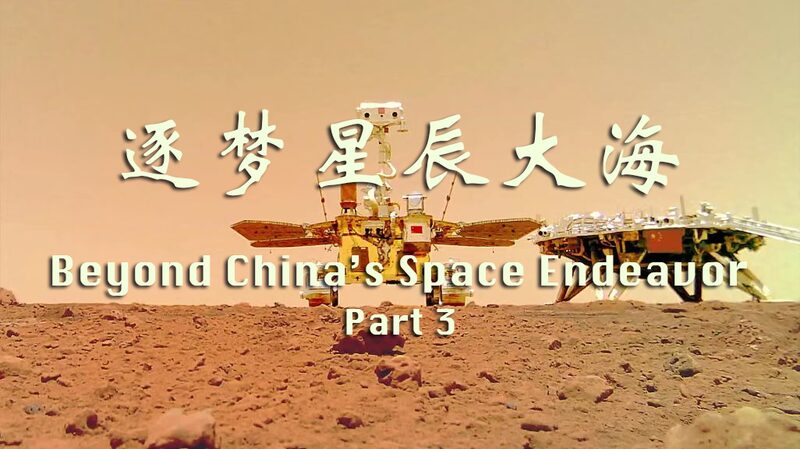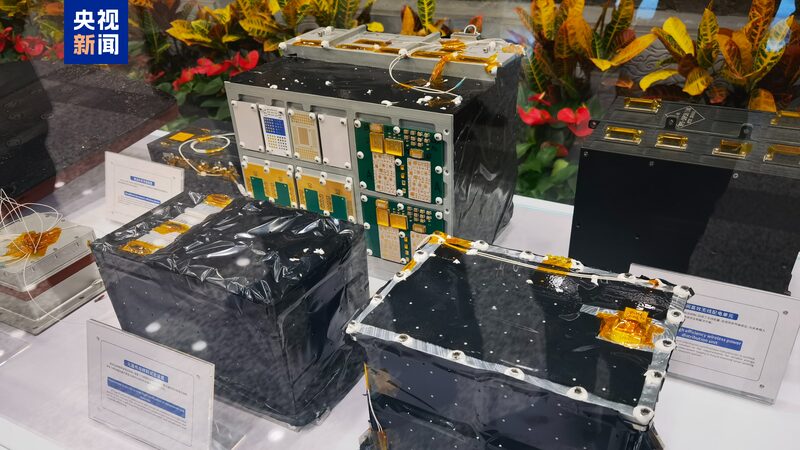China’s Shenzhou-19 mission is making history by sending fruit flies to space 🌌—marking the first time these tiny insects will join astronauts for a cosmic experiment! Led by researcher Zhang Wei from the Chinese Academy of Sciences, the mission aims to unlock secrets about how life adapts beyond Earth’s magnetic field.
Why Fruit Flies? 🧪
Think of them as the Buzz Lightyears of the insect world 🐜🚀! Fruit flies, with their short lifespans and genetic similarity to humans, are perfect for studying how low magnetism and microgravity impact growth and behavior. Scientists will simulate environments similar to Mars (weak magnetic field) and the Moon (no magnetism) to see how these critters cope.
The Bigger Picture: Mars & Beyond 🪐
Earth’s magnetic shield protects life from harmful space radiation, but Mars and the Moon lack this luxury. By observing the flies in a low-magnetic space lab, researchers hope to prep for future human deep-space missions. Zhang Wei explains: \"This could redefine how we sustain life during interplanetary travel.\"
What’s Next? 🌟
The Shenzhou-19 experiments are part of China’s growing space life-science portfolio. Data collected might not only aid astronaut health but also inspire tech for farming on Mars! 🌱👨🚀 Stay tuned as these fruit flies become pioneers in humanity’s quest to conquer the stars.
Reference(s):
Shenzhou-19 mission to take fruit flies into space for the first time
cgtn.com




